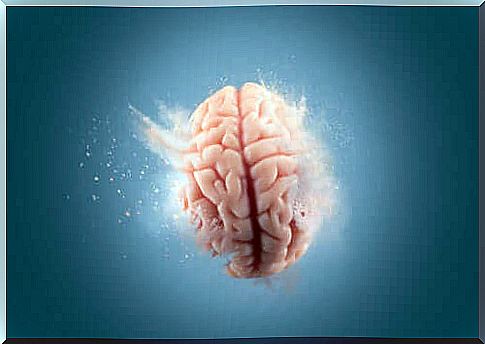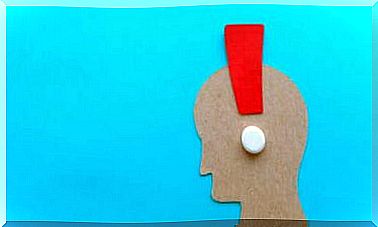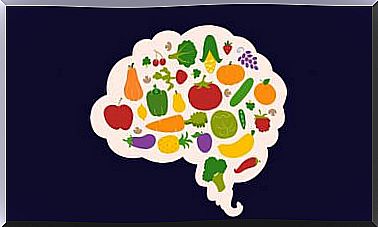The Effects Of Cocaine On The Brain

Do you know the effects of cocaine on the brain? It is one of the most consumed drugs in the world, and since the 1980s it has caused a real health problem in the area of drug addiction.
This substance, synthesized from the coca leaf plant, causes a feeling of euphoria, energy and mental alert in those who consume it. It also influences by reducing appetite, as well as the need for sleep.
In addition to these short-term effects, cocaine use has strong long-term consequences, such as emotional or behavioral changes. Next, we will describe the main effects of cocaine on the brain at the anatomical, metabolic and functional levels.

Anatomical and metabolic effects of cocaine on the brain
This substance influences the noradrenergic and dopaminergic systems in the brain. Specifically, its mechanism consists of promoting the release of norepinephrine, while inhibiting the reuptake of serotonin, dopamine and norepinephrine in the synapses.
Thus, in the space that exists between two communicating neurotransmitters, also called the synaptic cleft, the availability of these neurotransmitters is much greater.
This effect gives rise to a series of long-term brain changes. In post mortem observations , it was found that in the brains of cocaine users there was a lower amount of dopamine in the striatum, lower density of monoamines and the expression of the RNA encoding the dopamine transporter.
Also, an increase in microglia and macrophages. That is, cocaine use is related to a loss of dopaminergic terminals as well as entire neurons.
This cellular damage causes the reward pathways, of which the dopaminergic pathway is a part, to change its functionality, producing compulsive consumption. Likewise, the decreasing presence of naturally occurring dopamine, or hypodopaminergia, is the cause of withdrawal symptoms, depression and craving.
On the other hand, it was observed that the consumption of cocaine and other substances increases the presence of free radicals and oxidative stress. These cells, although necessary, in excess are related to aging and cell damage.
Furthermore, they interfere with the functioning of the blood-brain barrier, which is essential to protect the brain from harmful external agents and maintain homeostasis.
Cocaine use was also directly related to effects on the cerebral vasculature, making stroke more likely, as well as an increase in tumor necrosis factor.

The functional effects
The alterations and damages mentioned above have a series of consequences on the neuropsychological functioning of consumers. In general, people who use cocaine have a worse performance in neuropsychological assessment tests. These effects were mainly observed in aspects such as attention, memory, response inhibition and executive functions.
More specifically, cocaine affects processes of selective and continuous attention, working memory, visual memory and learning ability. In fact, these effects become more evident in periods of withdrawal.
Regarding executive functions, cocaine users have more failures when it comes to inhibiting responses, more impulsiveness, and are less adept when it comes to making decisions. In addition, there was less flexibility in the face of change, worse ability to process errors and deal with contingencies.
In summary, the use of cocaine, possibly one of the most addictive drugs, affects the user on many levels. In addition to the effects described here, there are also a large number of emotional, behavioral and social consequences that impact a person’s quality of life.









